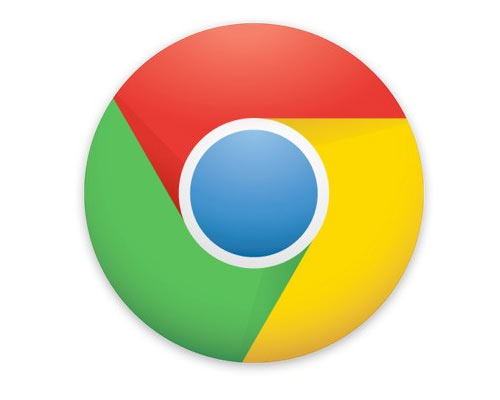Early Chrome Gets New Garbage Collector, Boosts Speed
Google just added an incremental garbage collector (GC) to the nightly and developer builds of its Chromium and Chrome web browsers.
The company says that the new version cuts down GC pause times and adds to the web app peak performance upgrade previously achieved by the Chrome JavaScript Crankshaft update.
According to a brief blog post, Google promises that the reduced pause times, which drop from a peak of 272 ms to just 50 ms, will result in notably better performing web apps, such as the WebGL versions of Google Maps or browser games. Subjectively, this writer found the WebGL version of Maps to be performing slightly better with a Chrome 17 nightly build rather than the stable Chrome 15, but I would not necessarily pin those marginal and very subjective impressions of improvements down on the change of the GC just yet. I am not convinced that the effect is as substantial as Google's data suggests
However, for those of us who believe benchmarks, there is a "stress test" that measures the effect of the new GC. Chrome 15 finished the (10 second) test with a score of 6, and Chrome 17 with a score of 34 on my test system. However, Chrome was beaten by the current Opera 11 stable build with 46, by the nightly build of Firefox 11 with 48 and, most dramatically, by the current Firefox 8 stable build with 126, which was able to paint more than twice the number of frames than Chrome 15 did - 617 frames versus 278 frames.
You can download the current developer version of Chrome here.
Get Tom's Hardware's best news and in-depth reviews, straight to your inbox.

Wolfgang Gruener is an experienced professional in digital strategy and content, specializing in web strategy, content architecture, user experience, and applying AI in content operations within the insurtech industry. His previous roles include Director, Digital Strategy and Content Experience at American Eagle, Managing Editor at TG Daily, and contributing to publications like Tom's Guide and Tom's Hardware.
-
amk-aka-Phantom Wait... something wrong here. A Gruener article without Apple advertisement praise? :heink:Reply -
mihaimm That particular benchmark is focused on 1 (and only 1) aspect of the JS vm: garbage collection. Ch17 is overall faster than Ch15 in certain areas and small incremental improvements across the board made this possible. The benefits of the new GC will be visible (as Google mentions it) only in certain types of applications and not across the board (some of the other V8 benchmarks yeld virtually identical scores between Ch15 and Ch17).Reply
And... BTW... I see Firefox and Opera but where are the comparisons with the other major browsers? IE & Safari? -
amk-aka-Phantom Reply9328675 said:And... BTW... I see Firefox and Opera but where are the comparisons with the other major browsers? IE & Safari?
Safari is major? :lol: Even the Mac users I know prefer FF or Chrome. -
mihaimm phantom, there are 100+ millions of active iOS devices all running Safari (and ONLY Safari). That is a major browser, no matter how you put it. Also, according to http://www.netmarketshare.com, Safari is the 4th most popular browser with ~8% of computer market share. Depending on your country/region/site, that 8% may vary dramatically.Reply
You can ignore reality or wish it was different, but that does not change it. Safari is a major browser and it's market share will continue to grow. IE is also a major browser even if it's market share is declining. I'd rather see those compared than the relatively obscure (even though very good) Opera. -
tanjo amk-aka-phantomWait... something wrong here. A Gruener article without Apple advertisement praise?Not much fruity news lately... at least it's not "why PC is dead (or not)".Reply
@mihaimm: But don't they(iOS users) usually use site specific apps for access?
-
cookoy i'm tired of downloading every new incremental version that comes out. if they update only the version number, i'd probably download that too.Reply -
mihaimm tanjo.@mihaimm: But don't they(iOS users) usually use site specific apps for access?If it's an HTML5 based app, that's gonna use the same Safari browser. More and more apps become HTML5 today as it makes little sense to develop completely different ones for Android, iOS, BBOS, bada, WM, webOS and Symbian. Instead we're using the underlying browser and the HTML5 capabilities to develop stuff that works reasonably well an all platforms and then we optimize for each in particular. But at least there's a common code base that can be reused. As such, the performance of the browser is crucial for the performance of the application.Reply -
Just scored a 401 with Firefox 8. :) 3493 frames on the 60 second test.Reply
Time for a new test system Wolfgang.
